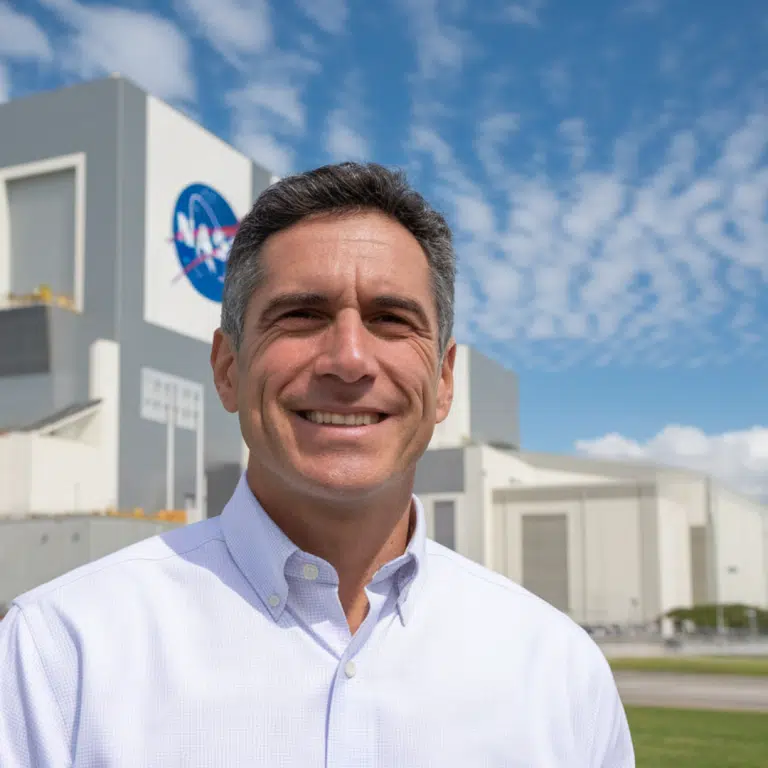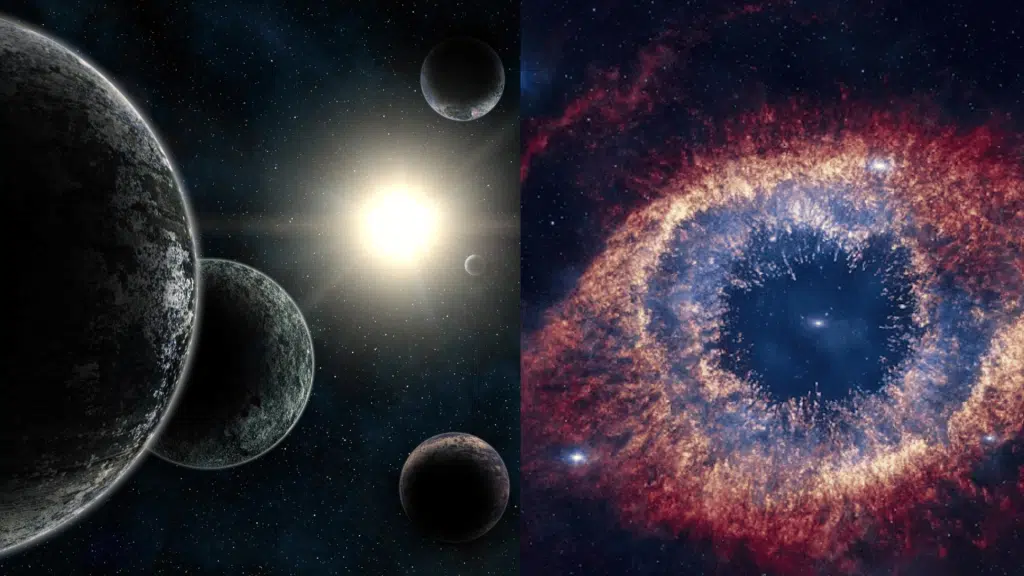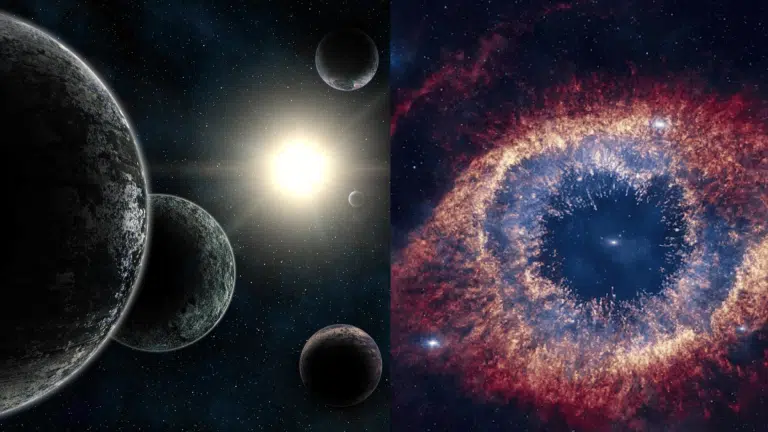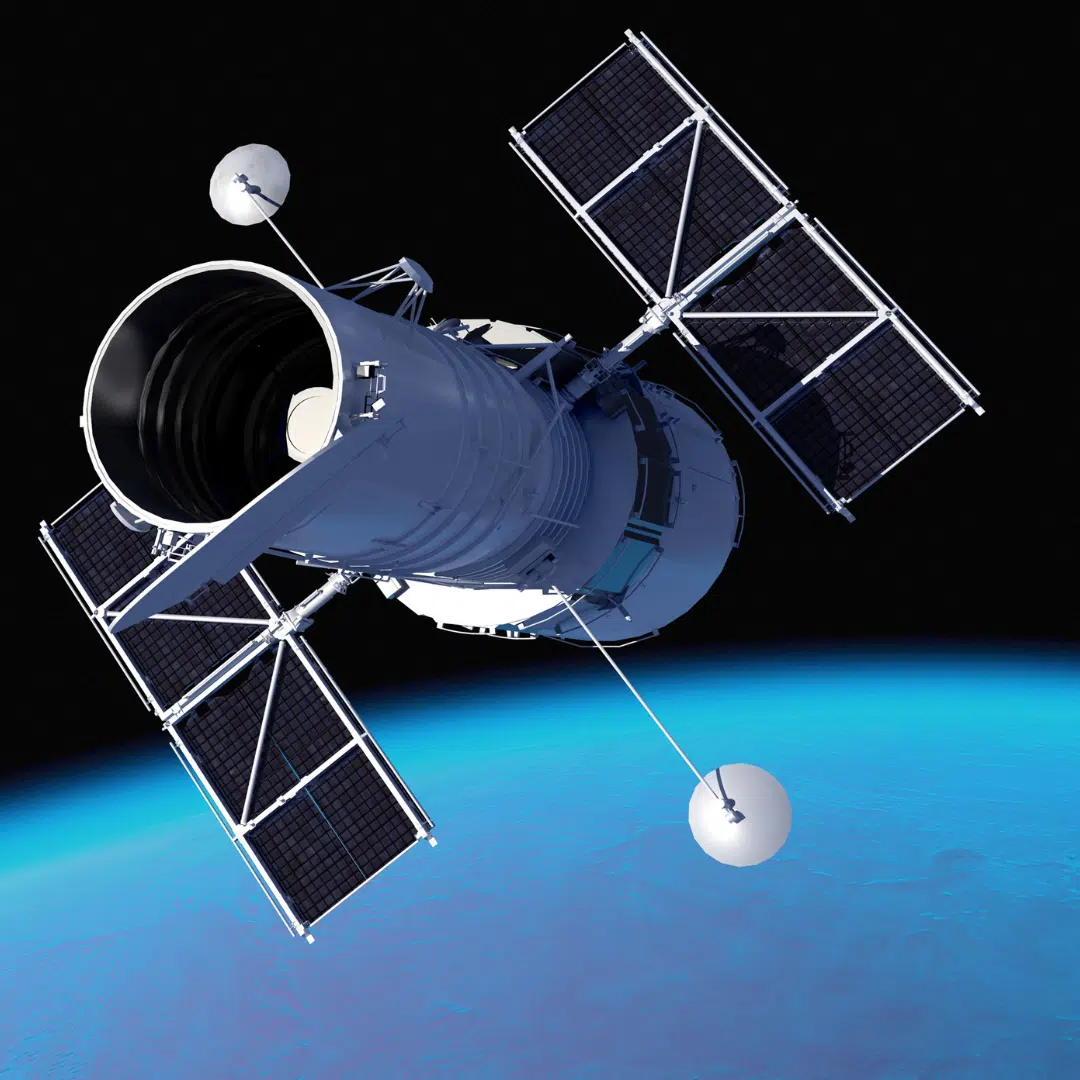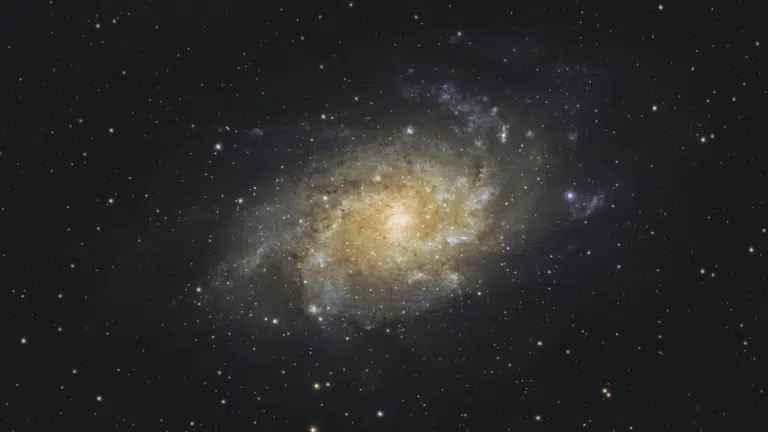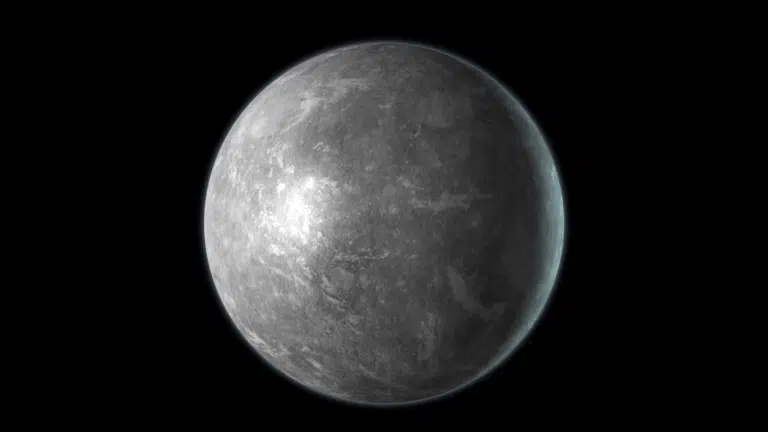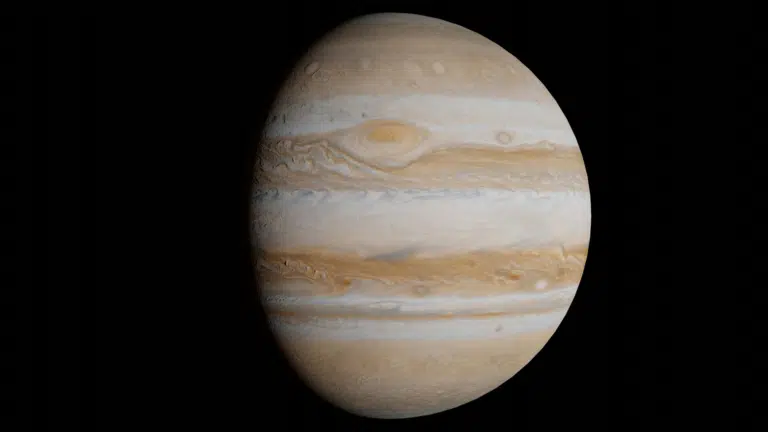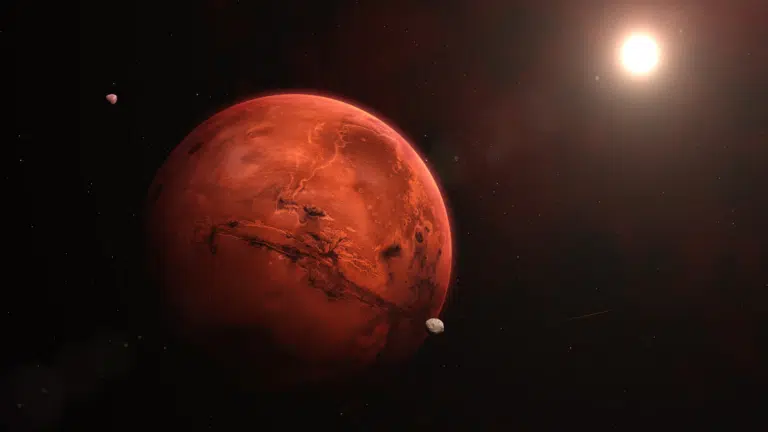Have you ever looked up at the night sky and wondered what the difference is between astronomy and astrophysics?
Many people use these words as if they mean the same thing, but they actually describe distinct approaches to studying space. Astronomy focuses on observing and studying celestial objects, including stars, planets, and galaxies.
Astrophysics goes deeper by using math and physics to explain how these objects work and why they behave the way they do. Both fields are closely connected and help us understand the universe.
In this blog, we will study astronomy vs astrophysics to help you understand what makes each one special. Let’s find out what sets them apart.
What is Astronomy?
Astronomy is the science of studying objects and events in space. Astronomers observe and learn about stars, planets, moons, comets, asteroids, and galaxies.
They use telescopes and other special tools to watch the night sky and collect information about celestial bodies.
This field focuses on determining the location, movement, and appearance of these objects. Astronomy is one of the oldest sciences in human history.
People have been watching the stars for thousands of years. Today, astronomers continue to explore space to learn more about our universe and everything it contains.
What is Astrophysics?
Astrophysics is a branch of astronomy that utilizes physics to understand the nature of space.
Astrophysicists study the same objects as astronomers, such as stars and planets, but they focus on explaining why these phenomena occur.
They utilize math, physics, and chemistry to answer questions about how stars form, why black holes exist, and what causes galaxies to move.
Instead of just observing space, astrophysicists create theories and models to understand the laws that control the universe.
They work to solve mysteries about energy, gravity, and matter in space. This field helps us understand the physical processes happening throughout the cosmos.
Key Differences Between Astronomy vs Astrophysics
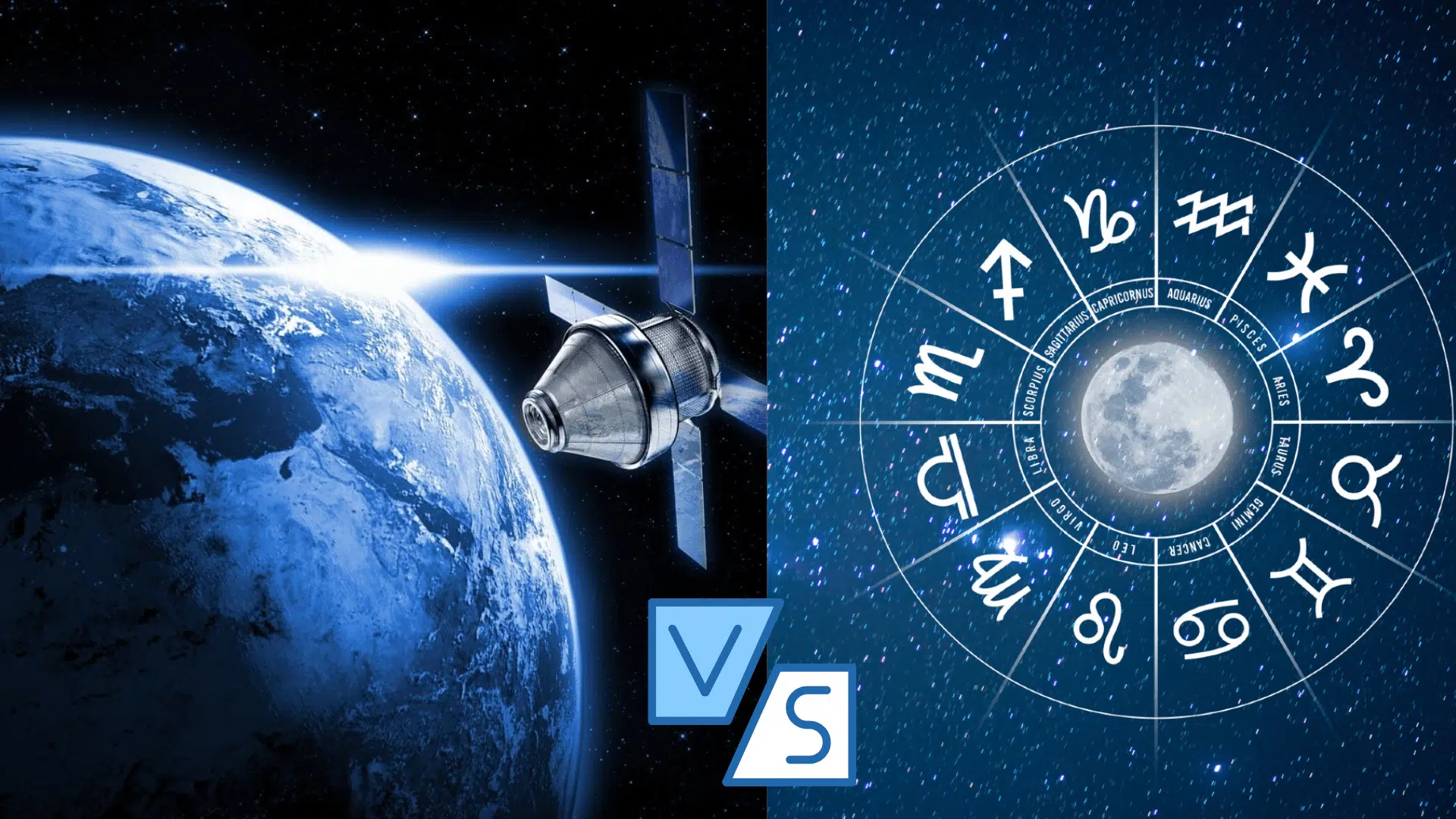
These are the main differences between astronomy vs astrophysics to help you understand what makes each field unique:
| Category | Astronomy | Astrophysics |
|---|---|---|
| Main Focus | Observing and finding objects in space | Explaining how and why things happen in space |
| Key Questions | What is it? Where is it located? | How does it work? Why does it happen? |
| Approach | Watching and recording information | Using math and physics to solve problems |
| Tools Used | Telescopes and cameras | Computer models and math equations |
| Type of Work | Collecting data from observations | Creating theories and testing ideas |
| What They Study | Location, movement, and appearance of space objects | Physical properties like temperature, energy, and gravity |
| Example Task | Finding a new planet in another solar system | Figuring out what the planet is made of and how it formed |
| History | One of the oldest sciences | Developed more recently as physics grew |
| Skills Needed | Strong observation and data collection | Advanced math and physics knowledge |
How Astronomy and Astrophysics Are Related
Astronomy and astrophysics are closely connected fields that both study the universe.
While they often overlap, each has its own focus and way of understanding space. Let me break down how these two disciplines work together.
Key Connections Between the Fields:
- They study the same subjects: Both fields examine stars, planets, galaxies, and other celestial objects throughout the universe.
- Different approaches, shared goals: Astronomers gather data through telescopes and instruments, while astrophysicists analyze that data to explain cosmic phenomena.
- Modern research requires both: Discovering a new planet involves observing its orbit (astronomy) and modeling its atmosphere using physics principles (astrophysics).
- Professionals use combined skills: Many experts work across both disciplines, and job titles may include astronomy, astrophysics, or both terms together.
- Institutions link them closely: Universities and space agencies like NASA treat these fields as interconnected parts of space science.
- Hard to separate in practice: Despite slightly different methods, the two fields blend together seamlessly in real-world research projects.
How Astronomy and Astrophysics Work Together
Astronomy and astrophysics complement each other perfectly in space science. Astronomers collect observational data using telescopes and instruments to study celestial objects.
Astrophysicists then analyze this data using mathematical models and physics principles to explain how these objects behave.
The two fields share discoveries and insights constantly. Observational astronomers identify new phenomena in the night sky.
Theoretical astrophysicists create models explaining these observations.
This collaboration has led to significant breakthroughs, including the understanding of black holes, dark matter, and galaxy formation.
Modern space research requires both fields working side by side. Universities and research institutions often combine these disciplines into unified programs.
Career Paths in Astronomy vs Astrophysics
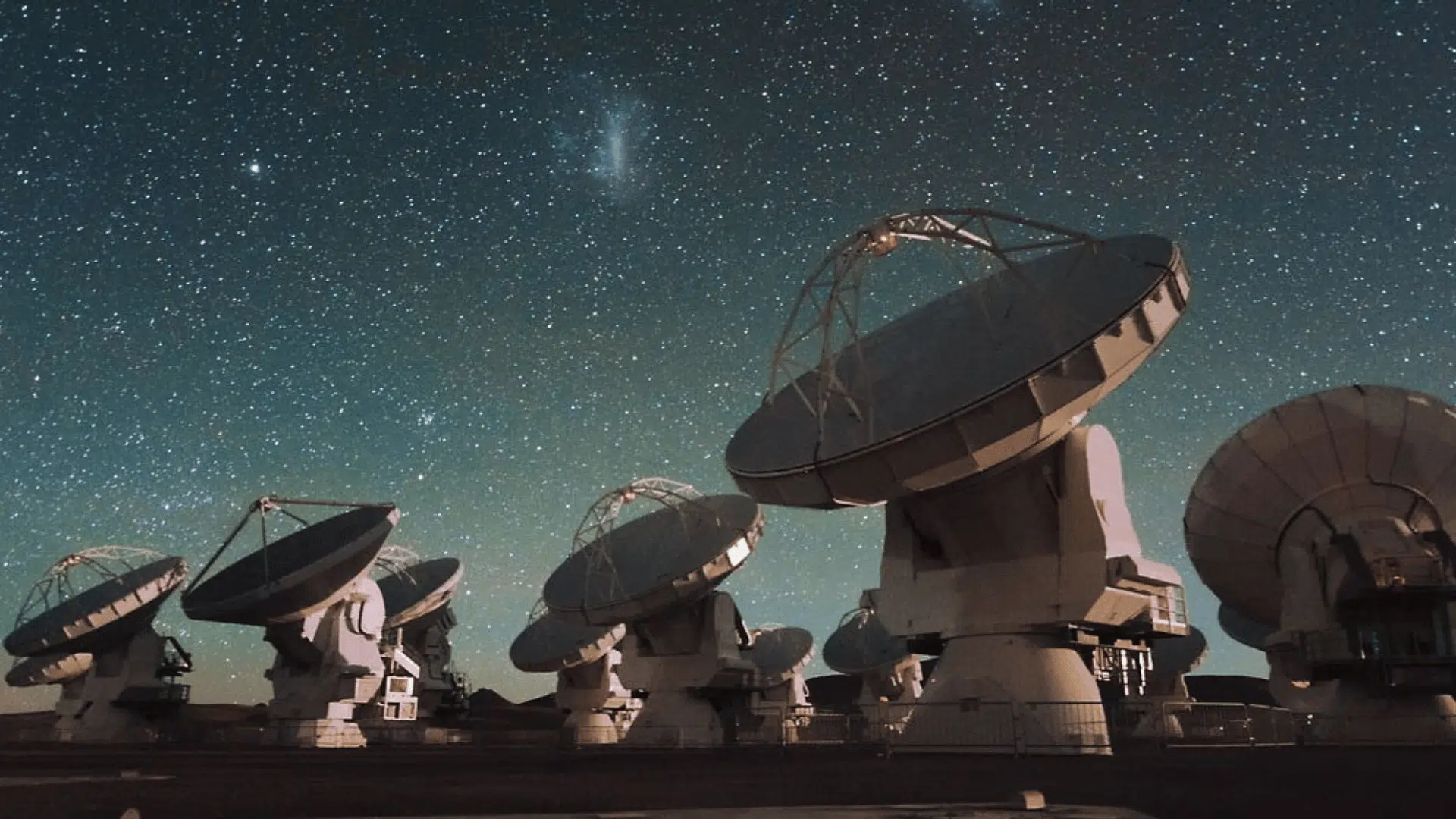
Image Source – Neil Bohr Institute
Both astronomy vs astrophysics offer exciting career opportunities for people who love space. Here are the education requirements and job paths for each field:
Astronomy Career Path:
1. Typical job roles: Astronomer, planetarium director, telescope operator, science writer, and educator at observatories or museums across the country.
2. Educational requirements: Start with a college degree in astronomy or physics, then pursue a master’s or PhD for research positions and advanced opportunities.
3. Key skills needed: Using telescopes effectively, recording observational data accurately, computer work, and strong communication skills for sharing discoveries with others.
4. Work environments: Observatories, planetariums, science museums, colleges, and universities where you’ll conduct observations and teach students about the cosmos.
5. Math and physics level: Good math skills and basic physics knowledge are essential, though not as intensive as astrophysics requirements.
Astrophysics Career Path:
1. Typical job roles: Space scientist, computer modeler, NASA research scientist, university professor, and theoretical physicist working on cosmic mysteries and phenomena.
2. Educational requirements: A college degree in physics or astrophysics is the starting point, followed by a master’s or PhD for research careers.
3. Key skills needed: Very strong mathematical abilities, advanced physics understanding, programming expertise, and exceptional problem-solving skills for complex theoretical work.
4. Work environments: Research centers, space agencies like NASA or ESA, universities, and national laboratories conducting cutting-edge space research.
5. Math and physics level: Requires very strong math skills and deep physics knowledge to model cosmic phenomena and solve theoretical problems.
Which One Should You Study?
Choosing between astronomy and astrophysics depends on what you enjoy most.
If you love watching the stars, discovering new objects, and collecting information about space, astronomy might be perfect for you.
If you prefer solving puzzles with math and physics to understand how the universe works, astrophysics could be your best choice.
However, you do not need to worry too much about picking just one. Most modern space scientists work with both fields.
Your college classes will cover both subjects, and you can decide later which area interests you most. Follow your curiosity and passion for space.
Conclusion
Now you understand the difference between astronomy vs astrophysics!
Astronomy enables us to observe and find amazing objects in space, while astrophysics explains how and why these objects work.
Modern space scientists use both approaches to make incredible discoveries about our universe. If you dream of pointing telescopes at distant galaxies, go for astronomy.
If solving complex equations about black holes excites you, astrophysics is calling. Either way, studying space opens doors to endless possibilities and a rewarding career.


